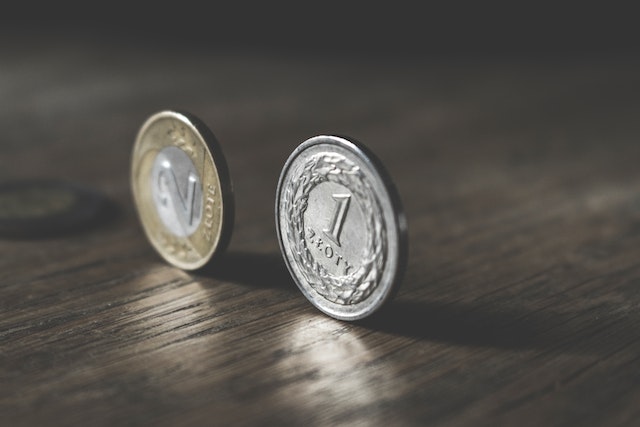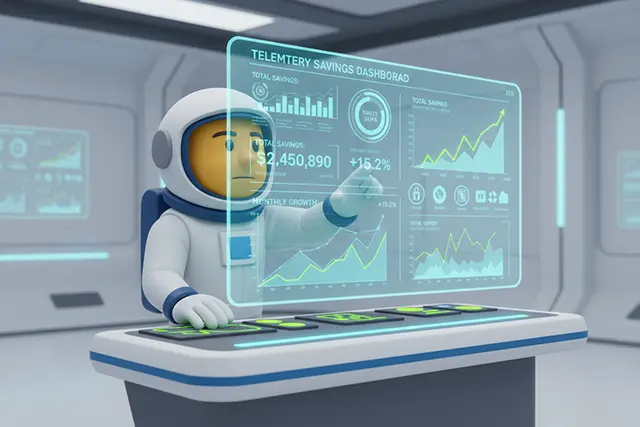XRP vs Bitcoin Comparison: A Comprehensive

Cryptocurrencies have taken the financial world by storm, with thousands of digital assets vying for attention and investment. Among the top contenders in the cryptocurrency arena are XRP vs Bitcoin comparison. You’ve probably read it already: Maximizing Your Profits with Bitcoin cloud Mining: The Ultimate Guide. In this article, we will delve into a detailed comparison of XRP and Bitcoin, exploring their historical background, underlying technologies, use cases, transaction speed, security, market performance, regulatory environments, and future outlook. By the end of this article, you’ll have a better understanding of how these two cryptocurrencies differ and their respective positions in the ever-evolving crypto landscape.
see also : XRP Price Prediction 2023 What to Expect in The Future

A. Brief explanation of XRP and Bitcoin
XRP vs Bitcoin comparison are both cryptocurrencies, but they serve different purposes in the world of digital finance. XRP, created by Ripple Labs, primarily focuses on facilitating cross-border payments and providing a platform for financial institutions. Bitcoin, on the other hand, is often referred to as digital gold and serves as a decentralized store of value and digital currency.
B. Importance of comparing XRP and Bitcoin
XRP vs Bitcoin comparison is essential for investors, traders, and anyone interested in cryptocurrencies. Understanding their differences and similarities can help individuals make informed decisions about which cryptocurrency aligns with their financial goals and investment strategies. It also sheds light on the broader trends in the cryptocurrency market.
II. Historical Background
A. Origins and creation of XRP
XRP, often associated with Ripple, was created in 2012 as part of a vision to improve cross-border payments. Ripple Labs, the company behind XRP, aimed to address the inefficiencies and delays in traditional international money transfers.
B. Origins and creation of Bitcoin
Bitcoin, often credited to the pseudonymous Satoshi Nakamoto, was introduced in 2009 as the world’s first cryptocurrency. Its creation was driven by the desire to establish a decentralized and trustless form of digital currency that operates outside the control of traditional financial institutions.
C. Key events in the development of XRP vs Bitcoin Comparison
Both XRP and Bitcoin have experienced significant milestones and challenges in their development. XRP has focused on building partnerships with financial institutions, while Bitcoin has grown as a decentralized digital asset. These key events have shaped their trajectories in the cryptocurrency space.
III. Technology and Blockchain
A. Overview of XRP’s technology and blockchain
XRP vs Bitcoin Comparison employs a unique consensus mechanism known as the Ripple Protocol Consensus Algorithm (RPCA). Unlike Bitcoin’s Proof-of-Work (PoW) mechanism, RPCA relies on a network of trusted validators to confirm transactions. This approach enables XRP to achieve rapid transaction confirmations, making it suitable for its intended use case in cross-border payments. Additionally, XRP’s blockchain supports smart contracts, albeit in a more limited capacity compared to platforms like Ethereum.
B. Overview of Bitcoin’s technology and blockchain
Bitcoin operates on a PoW mechanism, where miners compete to solve complex mathematical puzzles to add new blocks to the blockchain. While this process ensures security, it results in longer confirmation times and scalability challenges. Bitcoin’s scripting language is also relatively limited, primarily designed for simple transactions.
IV. Use Cases and Adoption
A. XRP’s use cases
XRP vs Bitcoin Comparison is primarily designed for facilitating cross-border payments and enabling financial institutions to settle transactions quickly and efficiently. It aims to reduce the time and cost associated with cross-border money transfers, making it an attractive option for banks and remittance companies.
B. Bitcoin’s use cases
Bitcoin has evolved into a digital store of value and a decentralized currency. It serves as a hedge against inflation, political instability, and economic uncertainty. Additionally, Bitcoin is increasingly being used for online and offline transactions, as more businesses and individuals accept it as a form of payment.
V. Transaction Speed and Scalability
A. XRP’s transaction speed
One of XRP vs Bitcoin Comparison standout features is its lightning-fast transaction speed. Transactions on the XRP ledger typically settle within a few seconds, providing a significant advantage for cross-border payments, where time is of the essence. This speed is a result of XRP’s consensus mechanism, which doesn’t require miners to validate transactions.
B. Bitcoin’s transaction speed
Bitcoin’s transaction speed, in contrast, is known for its relative sluggishness. The PoW mechanism, while secure, results in longer confirmation times. On average, Bitcoin transactions may take anywhere from 10 to 30 minutes or even longer during periods of high network congestion.
VI. Security and Decentralization
A. XRP’s security features
XRP’s security is rooted in its consensus mechanism and the network of validators. The Ripple Protocol Consensus Algorithm has demonstrated robustness over the years, making it resistant to attacks and censorship. However, some critics argue that XRP vs Bitcoin Comparison reliance on validators could potentially centralize control.
B. Bitcoin’s security features
Bitcoin’s security is one of its strongest attributes. The decentralized nature of its network, combined with the computational power required for PoW mining, makes it highly secure. Bitcoin’s blockchain has proven resistant to attacks and remains decentralized, with a wide distribution of nodes.
VII. Market Performance and Price Volatility
A. XRP’s historical price performance
XRP’s price history has been marked by periods of rapid growth and volatility. Its market capitalization has fluctuated significantly, and it has experienced both bull and bear markets. The price volatility of XRP vs Bitcoin Comparison can be attributed to various factors, including regulatory concerns and market sentiment.
B. Bitcoin’s historical price performance
Bitcoin, often considered the flagship cryptocurrency, has exhibited remarkable price growth since its inception. Its market capitalization has consistently grown, and it has gained recognition as a digital store of value. While Bitcoin has also experienced price volatility, it has maintained its position as the largest cryptocurrency by market capitalization.
VIII. Regulatory Environment
A. XRP’s regulatory status
XRP’s journey has been marked by regulatory challenges, most notably a lawsuit filed by the U.S. Securities and Exchange Commission (SEC) against Ripple Labs. The lawsuit alleged that XRP was an unregistered security. This legal battle had significant implications for XRP vs Bitcoin Comparison status in the United States and raised questions about its regulatory compliance globally.
B. Bitcoin’s regulatory status
Bitcoin’s regulatory landscape has evolved over the years. While it initially faced skepticism and uncertainty, it has gained legal recognition in many countries. Various regulatory approaches exist, with some nations embracing Bitcoin and others imposing restrictions or outright bans. Bitcoin’s decentralized nature complicates regulatory efforts.
IX. Future Outlook
A. Potential developments for XRP
The future of XRP hinges on resolving its regulatory challenges, particularly the SEC lawsuit. A favorable outcome could open doors for broader adoption and partnerships with financial institutions. Additionally, XRP vs Bitcoin Comparison smart contract capabilities could lead to new use cases and applications.
B. Potential developments for Bitcoin
Bitcoin’s future outlook is closely tied to its adoption as a store of value and digital currency. Technological improvements, such as the Lightning Network, aim to enhance its scalability and transaction speed, making it more suitable for everyday payments. Continued mainstream adoption and integration with traditional financial systems could propel Bitcoin to new heights.
X. Conclusion
In conclusion, XRP vs Bitcoin Comparison are two prominent cryptocurrencies with distinct characteristics and use cases. XRP vs Bitcoin Comparison in transaction speed and its focus on cross-border payments, while Bitcoin stands as a digital currency. people can use it to buy products or services. Later, all transactions carried out with Bitcoin will be recorded on a public blockchain.
And for those of you who want to grow your Instagram account, you can directly use our service free instagram followers and you can like your post on instagram with Free instagram likes







